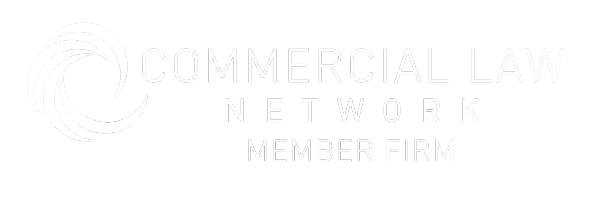Workplace discrimination can take many forms – hiring/firing, harassment, denied promotions, unequal pay, etc. It’s important to be aware of these when managing a team. Its definition is the unfair treatment of people based on protected characteristics, such as gender, race, age, disability, sexuality, etc. Closed-minded employers might see it as a problem they don’t want to deal with and turn anger at the situation on the victim, but the fact of the matter is that workplace discrimination hurts employees and employers alike. It damages morale, in turn damaging productivity, retention and reputation. However, addressing workplace discrimination can be intimidating, as you need to tread carefully to avoid accusations or further offence until the matter is settled. Take a look at our tips on how to navigate dealing with and preventing workplace discrimination.
Why it’s important to address discrimination
Discrimination is unethical and hurts an organisation’s reputation and workplace culture. However, there is also a financial reason to want to prevent discrimination in the workplace. Various case studies show that there are high economic costs to the effects of workplace discrimination. This is usually seen through high employee turnover, legal fees and low morale leading to low productivity.
For instance, it is estimated that dealing with the effects of workplace racism costs UK organizations £3.2 billion per year, according to the Racism at Work Report (2022) by Business in the Community. More broadly, the Costs of Discrimination (2009) Report by the International Labour Organization (ILO) estimated that discrimination costs the UK economy £127 billion per year in wasted productivity, earnings, and tax revenue.
Preventing Discrimination
It’s important for the sake of both your team and your regulations that clear anti-discrimination policies that are consistently enforced. You should take part in regular anti-bias and diversity training for all employees so that employees are aware of what is and isn’t acceptable in the workplace.
This is something you should be aware of in every facet of hiring and managing a team. For instance, there is room for a lot of discrimination in the hiring process. You might want to try a blind hiring practices and diverse interview panels to avoid problems down the line.
Discrimination is also rife in pay. Consider pay audits to identify and resolve discriminatory pay gaps in your company to address workplace discrimination.
However the biggest issue in addressing workplace discrimination to tackle is in the workplace culture. Discrimination is much more commonly seen in small actions and comments around the office. Create an inclusive culture with a leadership commitment to diversity and inclusion in the workplace. Put together employee resource groups and mentorship programs to address workplace discrimination and to encourage dialogues between employees to raise awareness of unconscious biases.
Addressing Workplace Discrimination
And then there is the issue of addressing workplace discrimination on a case-by-case basis. If you have an issue reported to you, it is your ethical responsibility and your responsibility as a team manager to handle the situation. Consider setting up formal reporting channels and protections against retaliation to allow employees a safe space to report without backlash.
You will then need prompt, impartial investigations of all discrimination claims and to discuss disciplinary measures for perpetrators, like termination, which should be on the table depending on the severity of the issue.
Due to the touchy nature of addressing workplace discrimination, you might want to consider hiring a mediator to make sure that all parties are acting legally and to not escalate the situation.
Conclusion
It’s important for employers to prioritise preventing and addressing workplace discrimination. Modern UK regulations steer business owners towards cultivating a diverse workplace, which will only thrive on ethical practices. If you are facing a case of addressing workplace discrimination, you might need a mediator to help you out. Contact MM Legal today to see where your business stands and the next moves.


